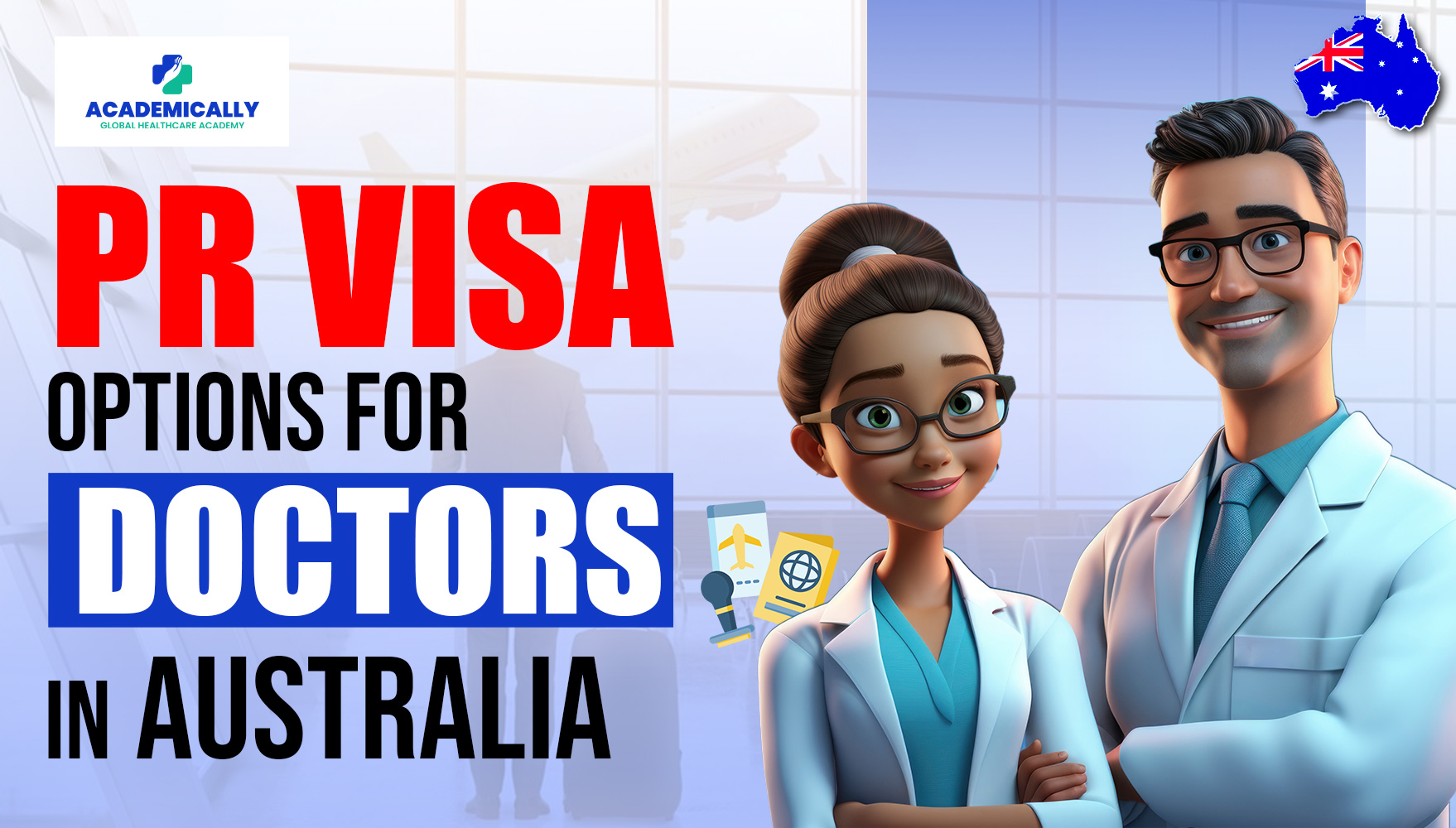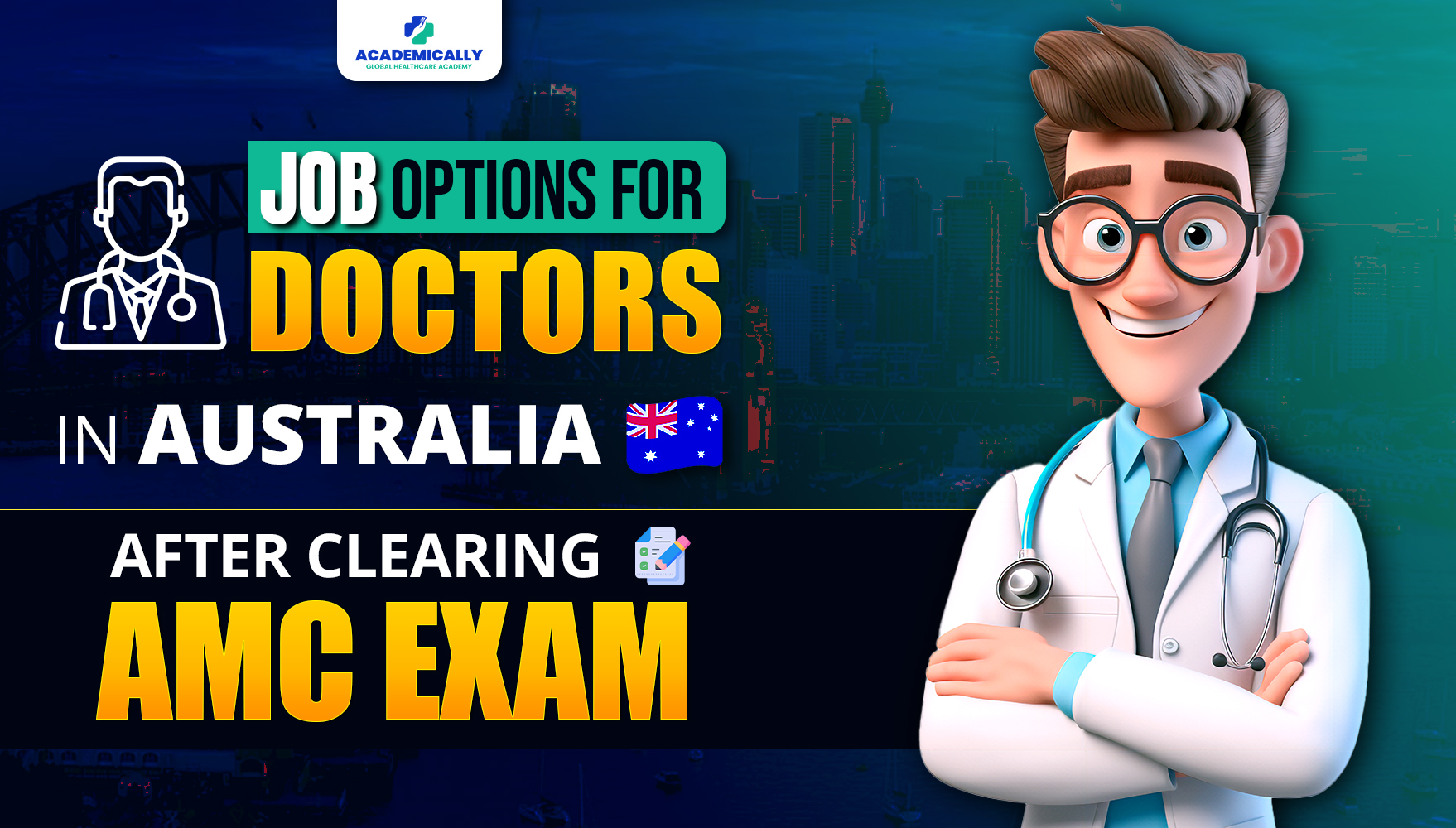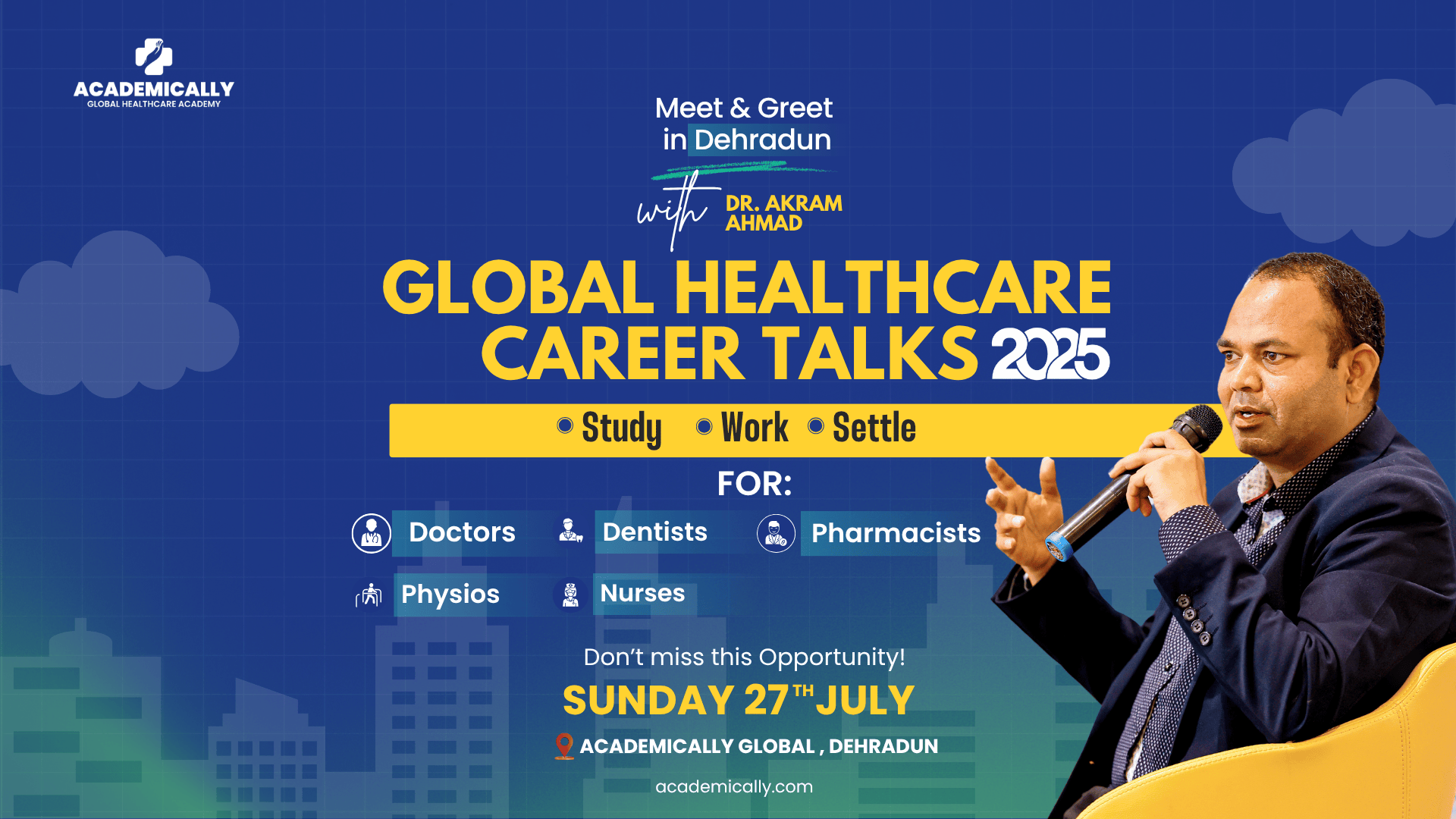Understanding the PR Visa Options
As a medical doctor looking to migrate to Australia, you have several visa options to consider.
The most common pathways are through the General Skilled Migration (GSM) program or The Employer-Sponsored program.
Both have certain categories of visas that are points-tested and require you to meet specific eligibility criteria, including age, English language proficiency, work experience, and qualifications.
Eligibility Criteria
To be eligible for a PR visa as a medical doctor, you typically need to:
- Obtain a positive skills assessment from the Australian Medical Council (AMC) or the relevant assessing authority.
- Secure a nomination from a state or territory government (if applying for subclass 190).
- Meet the minimum points requirement based on age, English proficiency, work experience, and qualifications.
- Pass a health examination and meet character requirements.
Skills Assessment
The first step in the PR visa application process is obtaining a positive skills assessment from the AMC.
The assessment evaluates your qualifications, work experience, and professional skills to ensure they meet Australian standards for medical practice.
You must provide evidence of your medical degree, postgraduate training, internships, and relevant work experience.
English Language Proficiency
Proficiency in English is essential for medical practice in Australia and mandatory for PR visa applicants.
You can demonstrate your English language skills by taking an approved English language test such as the International English Language Testing System (IELTS), Occupational English Test (OET), or Pearson Test of English Academic (PTE Academic).
Permanent Options for Doctors To Remain In Australia
For doctors aspiring to remain in Australia permanently, several pathways are available to facilitate this transition. Let’s look at some of them one by one.
General Skilled Migration
Australia's Skilled Visa program is tailored for skilled professionals or families seeking permanent residency to address the country's skill shortages. This program, part of the General Skilled Migration initiative, offers points-tested visas as independent, State/Territory sponsored, or family-sponsored options.
Doctors are among the professionals eligible for permanent residency through this program, provided they meet the criteria outlined by the Skilled Occupation List. Here are some of the visas through which doctors are eligible.
Subclass 189 – Skilled Independent Visa
- A points-tested visa for skilled workers, allowing individuals to live and work in Australia as Permanent Residents without employer sponsorship.
- Criteria for doctor include medical registration and being under 45 years old at the time of invitation.
Subclass 190 – Skilled Nominated Visa
- A points-based visa for skilled workers nominated by an Australian State or Territory, granting Permanent Residency.
- A state or territory must nominate Doctors, hold medical registration, and be under 45 years old at the time of invitation.
Subclass 491 – Skilled Work Regional
- A visa allows individuals to live, work, and study in regional Australia for five years, requiring nomination by a state or territory.
- Health Practitioners must meet medical registration requirements and be under 45 years old at the time of invitation.
Employer-Sponsored
Employer-sponsored visas enable skilled foreign workers to reside and work in Australia under the sponsorship of an Australian employer. Applicants for these visas must possess qualifications or adequate experience in occupations specified on the appropriate Skilled Occupation List.
In this program, doctors have access to specific visas tailored to their profession, such as:
Subclass 186 – Employer Nomination Scheme Visa
- An employer nomination scheme visa granting Permanent Residency to skilled workers sponsored by an Australian employer.
- Doctors must align with their employment level, have relevant work experience, and be under 45 years old at the time of application.
Subclass 494 – Regional Employer Sponsored Scheme Visa
- A regional employer-sponsored visa addressing labour shortages in regional Australia, requiring sponsorship by a regional employer.
- Doctors must meet work experience criteria and be under 45 years old at the time of application, with exceptions for those who worked in regional Australia.
Submitting the Expression of Interest (EOI)
Once you've obtained a positive skills assessment and, if applicable, state nomination, you can submit an Expression of Interest (EOI) through the Department of Home Affairs' SkillSelect system.
Your EOI will be ranked based on your points score, and if you meet the minimum points requirement and receive a high enough ranking, you may be invited to apply for a PR visa.
PR Visa Application
If you receive an invitation to apply for a PR visa, you must submit a comprehensive application to the Department of Home Affairs. This includes supporting documents such as identity documents, skills assessments, English language test results, health examination results, character clearance, and other relevant documents.
Benefits of PR Visa
Recognition of Qualifications:
Australian medical authorities recognise qualifications obtained from reputable international medical schools. This recognition facilitates the process for overseas-trained doctors to practice medicine in Australia upon obtaining PR, eliminating barriers to entry into the Australian healthcare system.
Work-Life Balance:
Australia promotes a healthy work-life balance with reasonable working hours and generous leave entitlements for medical professionals. Doctors with PR visas can enjoy a fulfilling career while having time for personal interests, family, and leisure activities.
Access to Healthcare Benefits:
As PR visa holders, doctors and their families are eligible for access to Australia's public healthcare system, Medicare. This provides subsidised or free medical services, including consultations, diagnostic tests, and hospital care, ensuring comprehensive healthcare coverage.
Research and Innovation Opportunities:
Australia is renowned for its medical research and innovation. PR visa holders have access to opportunities to engage in groundbreaking research projects, collaborate with leading researchers, and contribute to advancements in healthcare.
Sponsorship and Family Reunification:
PR visa holders can sponsor eligible family members, including spouses, partners, and dependent children, to join them in Australia. This pathway to family reunification enhances support networks and contributes to a fulfilling family life for doctors.
Stability and Security:
A PR visa in Australia provides doctors stability and security. It offers permanent residency status and protection under Australian law, ensuring peace of mind and fostering long-term commitment to personal and professional endeavours.
Citizenship Eligibility:
PR visa holders are eligible to apply for Australian citizenship after meeting residency requirements. Australian citizenship provides additional rights and benefits, including the ability to vote, hold public office, and access consular assistance while travelling abroad.
Final thoughts
Obtaining a Permanent Residency (PR) in Australia as a medical doctor, especially as a General Practitioner (GP), offers numerous benefits, including long-term career prospects, a high standard of living, and a vibrant multicultural environment.
By understanding the visa options, eligibility criteria, and application process outlined in this guide, you can take the necessary steps to pursue your dream of practising medicine and building a fulfilling life in Australia.
You know, starting a medical career in Australia begins with clearing the Australian Medical Council (AMC) examination, a vital step for international medical graduates.
Our specialised course- The AMC Exam Preparation Course, is meticulously designed to ensure success in this crucial exam on your first attempt.
Interested in discovering how our course can pave your path to becoming a doctor in Australia? Contact us today for more information and take the first step towards achieving your dream career in medicine.




